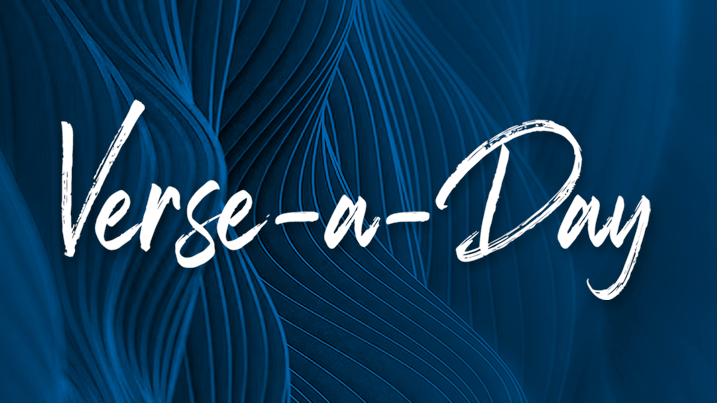Grace: Powerful truth – 23 November 2022


By Louise Gevers
Se(di)ngolwa (t)sa Bibele
2 BAKORINTHE 12
At a conference I attended earlier this year, one speaker made an arresting comment that made me sit up and think of the implication of his words. He said, “When you’re born you look like your parents, but when you die you look like your decisions.” This perception is worth considering as we assess where our decisions are leading us; but for Paul it was very clear that he’d left his old self behind and that he was a changed man, living by grace in Christ.
It’s a staggering thought that Christ’s “power is made perfect in weakness” and to realise that, as much as God may use everything we’ve learnt as we serve Him, that it’s only as we recognise our weakness and submit ourselves to Him fully, that His power is released, and it’s actually not through our superior skills, gifts and learning but by His grace – regardless of how long we have trained or studied.
Paul’s ‘boasting’ here is completely different to his boasting before. Not only had this proud, “Hebrew of Hebrews” and “ Pharisee” (Philippians 3:5) valued his heritage and knowledge of the Law highly, but from the time he’d met the risen Christ he’d had visions and revelations too, which by normal human standards could’ve made him feel even more superior, and boast more proudly about himself.
But as he’d matured in his faith and had endured the “thorn in his flesh” (2 Corinthians 12:7), thought by scholars to be a debilitating eye disease, he changed, and rests in the knowledge that though he is battling physical problems, Christ’s power is working through him by his Spirit, despite them, and is accomplishing far beyond what he could have done in his own strength.
The “thorn in the flesh” becomes a blessing to him as it prevents him from becoming conceited; he is no longer tempted to take the glory for himself but has learned to be centred in Christ and now teaches, “That is why, for Christ’s sake, I delight in weaknesses, in insults, in hardships, in persecutions, in difficulties. For when I am weak, then I am strong. (2 Corinthians 12:10)
This underscores that we, too, are not limited by whatever limitations we have, or, who we are, when we have Christ at the centre of our lives. In God’s sight there is, “no difference between Jews and Gentiles, between slaves and free people, between men and women; (we) are all one in union with Christ Jesus.” (Galatians 3:28)
God loves us all equally and is able to use us as powerfully in his Kingdom to fulfil his purpose, because his grace is sufficient for us too. He works through everyone he calls, without discrimination, the humble and the unschooled as much as the learned.
Prayer: Gracious Lord, I rejoice in my weakness because your power is made perfect through it. Amen

